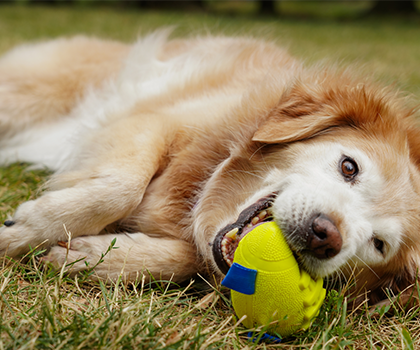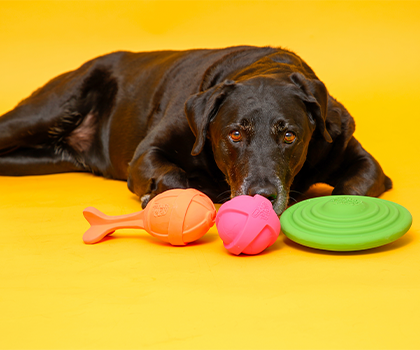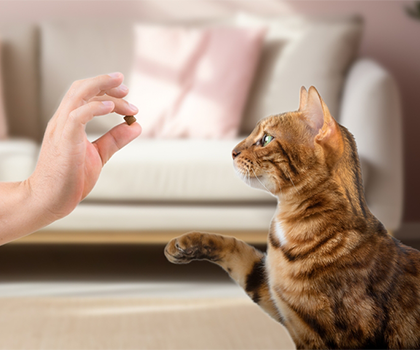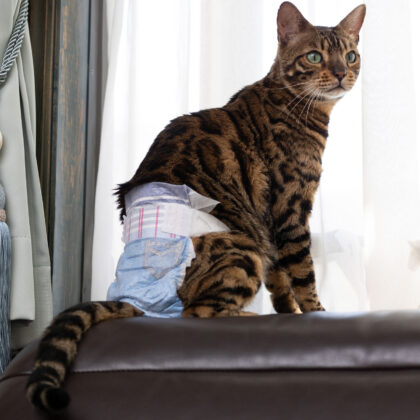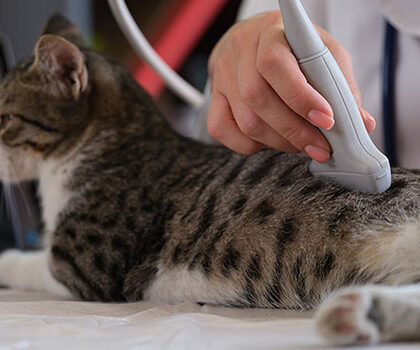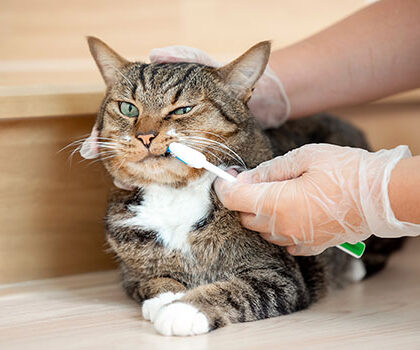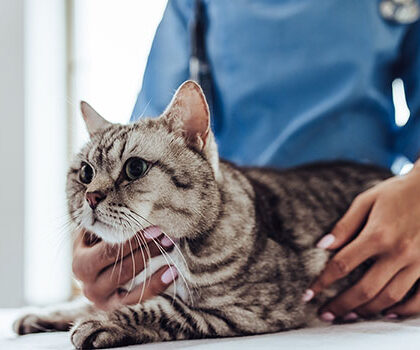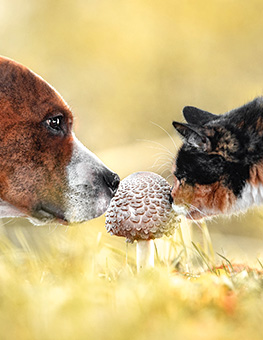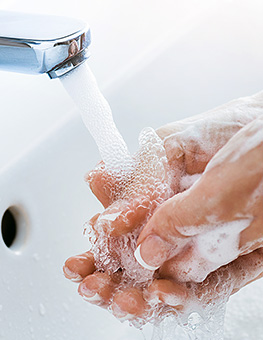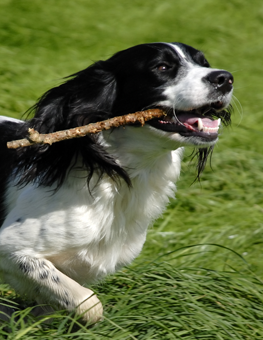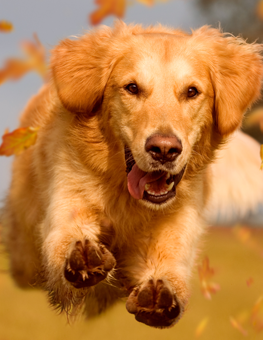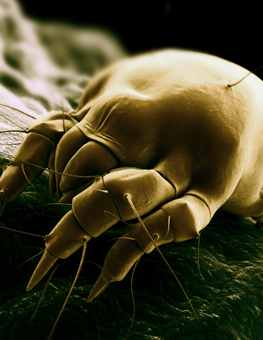Can Pets Spread the COVID-19 Virus?
If your pet is exposed to COVID-19, they can test positive for the virus. However, the Centers for Disease Control and Prevention says there’s no reason pet owners should be alarmed.
As news about coronavirus COVID-19 continues to develop, it’s caused some pet owners to worry if their pet could transmit the virus or even become ill. But so far, the news is good for pets and their owners.
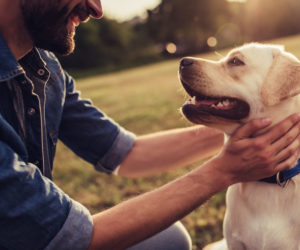
There is no evidence that a dog, cat or any pet can transmit COVID-19
You can find the latest information from the Centers of Disease Control and Prevention (CDC) and you should check back often for both you and your pet’s safety.
Responding to pet owners’ concerns about their pets acting as a source of infection to people, the WHO issued the following information and guidance:
“There is no evidence that a dog, cat or any pet can transmit COVID-19. COVID-19 is mainly spread through droplets produced when an infected person coughs, sneezes, or speaks. To protect yourself, clean your hands frequently and thoroughly.”
At this time, the CDC says COVID-19 is only spread through person-to-person contact. However, it suggests that practicing healthy habits in personal and animal care is still important.
Keeping You and Your Pets Healthy
While the CDC says there is no current evidence that pets can become a source of infection, pet owners should still take precautions in preventing the spread of COVID-19. According to the CDC, these precautions include:
- Washing hands after handling pets, including their food, waste, toys and supplies
- Practicing good pet hygiene and cleaning up after pets properly
- Taking pets to the veterinarian regularly and talking to your veterinarian if you have questions about your pet’s health
Making an Emergency Plan if you are Not Sick with Covid-19
Even if you aren’t sick with COVID-19, creating a plan for your pet ahead of time can make pet care decisions less stressful. Here’s what the CDC recommends you can do to prepare your pet if they need to be taken care of outside of your home.

Creating a plan for your pet ahead of time can make pet care decisions less stressful.
- Ensure your pets have collars and ID tags with up-to-date contact information
- Get your pets microchipped if they aren’t already, or make sure information is updated
- Have the proper restraint equipment on hand (e.g. leashes, harnesses and pet carriers) in case you need to move your dog to another location
- Find someone to care for your pet in the event you get sick, this can include family members, friends, neighbors, animal hospitals or boarding facilities
- Prepare a two-week emergency kit
What to Include in Your Pet’s Emergency Kit
Having an emergency kit ready at all times saves you the trouble of putting one together if you or a family member become infected. An emergency kit should include:
- A pet carrier for each pet with the pet’s name, your name and contact info attached
- Food and water for each pet for two weeks
- A litter box and litter for cats
- Plastic bags for dog waste
- Two weeks of medications
- Medical records with information on vaccinations, medications and medical history
- Proper leashes or harnesses
- Microchip information
- An owner contact information sheet with numbers for close relatives or friends
Protecting Your Pets if You Become Sick

Anything you can do to ensure you, your family and your pets remain safe during this critical time is important.
As difficult as it might be for pet owners, the CDC recommends restricting contact with pets and other animals if you suspect you might have the virus or test positive for COVID-19. Even with no evidence to suggest the virus can be passed from humans to animals or vice versa, limiting contact with your pets can help your family and pets stay healthy until more information is known.
If you have any other questions or concerns about your pet’s health, be sure to speak to your veterinarian. Anything you can do to ensure you, your family and your pets remain safe during this critical time is important.



